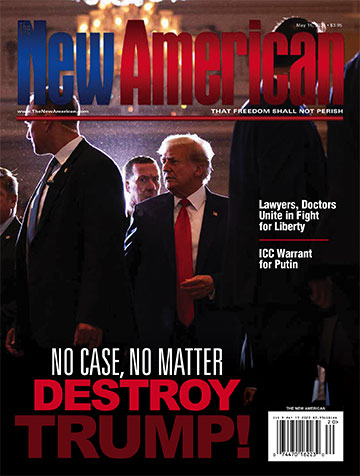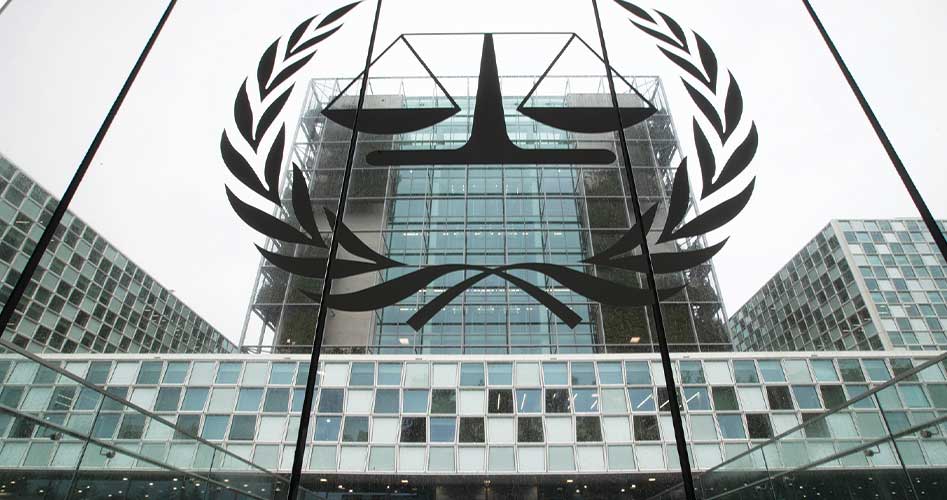ICC Warrant for Putin
On March 17, judges at the International Criminal Court (ICC) in The Hague, Netherlands, issued arrest warrants for Russian President Vladimir Putin and for Russia’s Commissioner for Children’s Rights Maria Alekseyevna Lvova-Belova. The warrants accused Putin and Lvova-Belova of involvement in the crimes of “unlawful deportation of population (children)” and of “unlawful transfer of population (children),” as defined in articles 8(2)(a)(vii) and 8(2)(b)(viii) of the Rome Statute, the treaty that brought the ICC into being in 2002. The warrants, by far the highest-profile action in the ICC’s two-decade history, were prompted by persistent allegations from the early days of the Russia-Ukraine war that Russia had been forcibly removing Ukrainian children from Ukrainian territory and taking them, without consent of relatives or Ukrainian officials, to reeducation camps, or farming them out for adoption by Russian caregivers.
The warrants have been met with derision from Putin and other Russian officials, since Russia is one of more than 40 countries that do not recognize the jurisdiction of the ICC (a group that also includes the United States, China, India, Pakistan, Saudi Arabia, Turkey, and Indonesia). On the other hand, Ukraine, which has not yet ratified the Rome Statute, does accept the ICC’s jurisdiction. This, along with lawless conditions in Ukraine’s war zone that preclude the operation of other courts, has provided the legal pretext for the ICC’s actions against Putin and Lvova-Belova. But regardless of the legalities, the ICC’s action against Russia’s leader has the potential to lead to world war and eventual world government — precisely in keeping with the designs of those who originally created the UN-centered international system of which the ICC is a critical part.
Nuremberg Precedent
When the United Nations was created at the end of World War II, the International Court of Justice (ICJ), known informally as the World Court, was brought into being as one of the six principal organs of the UN, a grouping that also includes the Security Council and General Assembly. The ICJ’s main purpose was the adjudication of disputes between countries. But in accordance with the precedent of the war-crimes tribunals in Germany and Japan, whose purpose was to try Nazi and Japanese “war criminals,” the globalists who framed the UN system also desired an international court for the purpose of trying individuals accused of war crimes and other especially heinous deeds that would otherwise go unpunished. In the decades following the Nuremberg and Japanese war-crimes tribunals, which were conducted under military authority, two other ad hoc war-crimes tribunals were created to mete out “victor’s justice” for alleged offenders in the Yugoslav civil war and the Rwandan genocide in the 1990s.
JBS Member?
Sign in with your ShopJBS.org account.
 Subscribe Now
Subscribe Now
- 12 Issues Per Year
- Digital Edition Access
- Digital Insider Report
- Exclusive Subscriber Content
- Audio provided for all articles
- Unlimited access to past issues
- Cancel anytime.
- Renews automatically
 Subscribe Now
Subscribe Now
- 12 Issues Per Year
- Print edition delivery (USA)
*Available Outside USA - Digital Edition Access
- Digital Insider Report
- Exclusive Subscriber Content
- Audio provided for all articles
- Unlimited access to past issues
- Cancel anytime.
- Renews automatically



